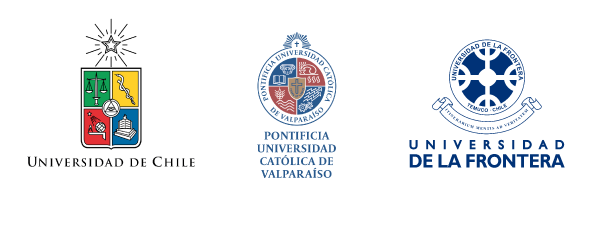About Us
The Center of Interventional Medicine for Precision and Advanced Cellular Therapy (IMPACT) is a research center of excellence funded by the National Agency for Research and Development (ANID) through the program “Fourth National Basal Funding Competition for Scientific and Technological Centers of Excellence 2021 ANID”. The primary beneficiary of the center is Universidad de los Andes in association with Pontificia Universidad Católica de Chile, Universidad de Chile, Pontificia Universidad Católica de Valparaíso, and Universidad de la Frontera.

What
Transfer of knowledge and technologies for the development, dissemination, and enabling of new therapies and advanced medical products that positively impact human health.

How
They are fostering collaborative exchange between disease diagnosis, applied research, clinical trials, and their availability to patients.

Why
We want to transform Chile into a pole of scientific excellence in Advanced and Precision Medicine, generating new knowledge and world-class technologies.
Advanced and cellular therapies are the future of medicine. The reason? They are highly innovative treatments based on the use of genes (gene therapy), cells (cell therapy), or tissues (tissue engineering) to prevent or treat various diseases. They result from years of research and technological advances that aim to generate personalized treatments, establishing a true revolution in biomedicine and offering an answer to complex diseases that until now have no effective treatments or conventional therapies that have dangerous side effects.
IMPACT is focused on improving people’s health and quality of life by directing all its efforts and capabilities to make new advanced therapies accessible to the general public. To achieve this, we seek to bridge the gap between scientific research and clinical practice to produce precision and advanced therapies that are accessible, affordable, and simple.
IMPACT’s work initially focuses on four areas of biomedicine related to diseases such as cancer, musculoskeletal diseases, mental health, and perinatal diseases or pregnancy complications.
We have collaborated with national higher education centers of great prestige, such as the Catholic University of Valparaiso through the School of Biochemical Engineering, the Pontificia Universidad Católica de Chile through the School of Electrical Engineering and the Department of Biological and Medical Engineering, and finally the University of Chile through the Departments of Electrical Energy and Chemical Engineering, Biotechnology and Materials. In addition, IMPACT is the collaboration of prestigious international institutions, generating a network that promotes and encourages scientific excellence.

Maroun Khoury
Director
Ph.D. in health and biology from the University of Montpellier (France). He is a professor at the Faculty of Medicine of the Universidad de los Andes and Scientific Director of the biotechnology company Cells for Cells and the Chilean regenerative medicine consortium Regenero, where he is also a co-founder.
With a keen interest in bridging the gap between laboratory and clinical work, his team is researching to develop innovative treatments and therapies against diseases of public health and economic importance of high prevalence in Chile. This cutting-edge experience was capitalized in several clinical applications in diseases with unmet medical needs, such as heart failure, osteoarthritis, lupus, and pulpitis.
René Botnar
Alternate Director
Ph.D. in Biomedical Engineering from ETH Zurich, an adjunct professor at the Pontificia Universidad Católica de Chile, and Professor of Cardiovascular Imaging and Head of the Department of Biomedical Engineering at King’s College London. He is a member of the International Society for Magnetic Resonance Imaging in Medicine and the Cardiovascular Magnetic Resonance Society.
His work has focused on developing new MRI technologies (acquisition, motion correction, reconstruction) for the comprehensive and non-invasive assessment of heart disease. A particular focus of his work has been the development of radiation- and contrast agent-free coronary magnetic resonance angiography. He is also very active in developing and validating new molecular contrast agents (elastin, collagen, albumin, fibrin and MPO) for detecting high-risk plaque and heart muscle disease by MRI, PET, or PET-MR.

NATIONAL PARTNERS
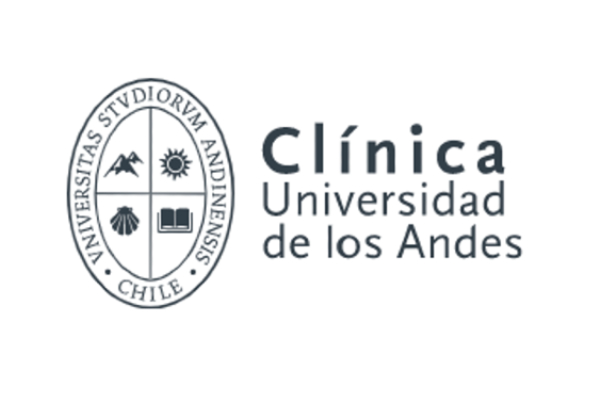
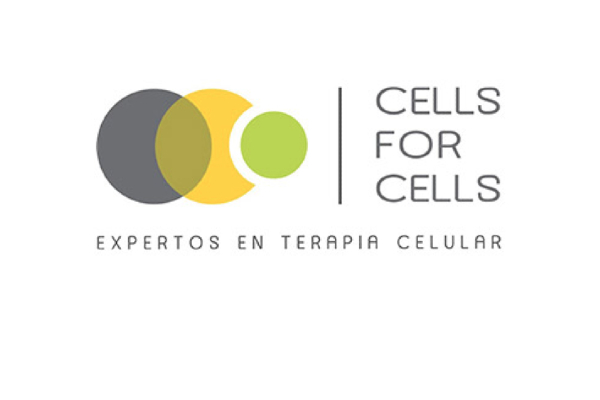
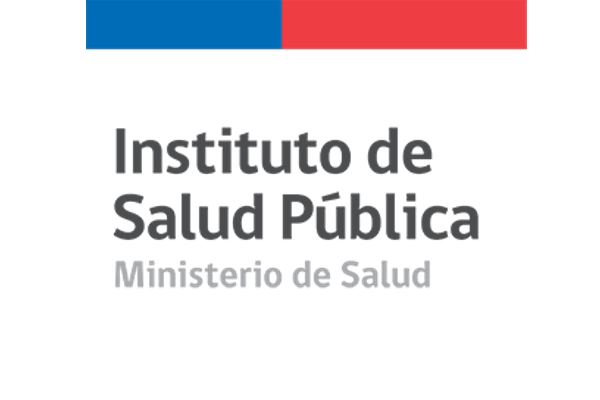
INTERNATIONAL PARTNERS
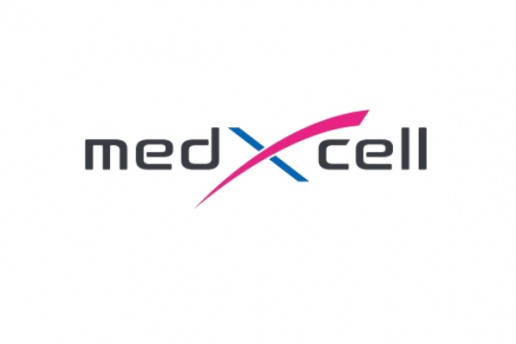
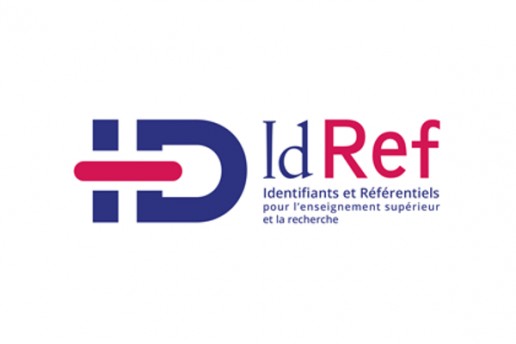

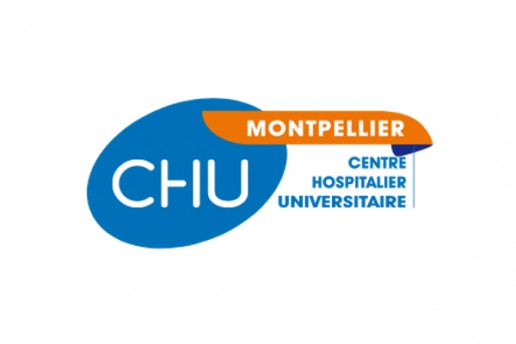

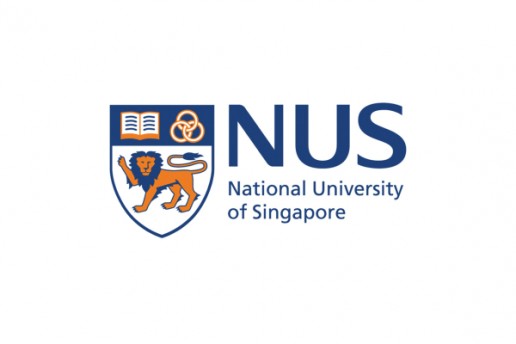
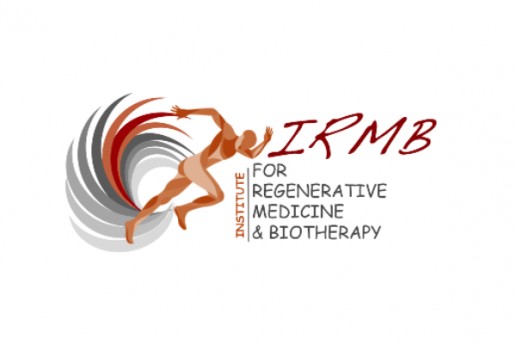

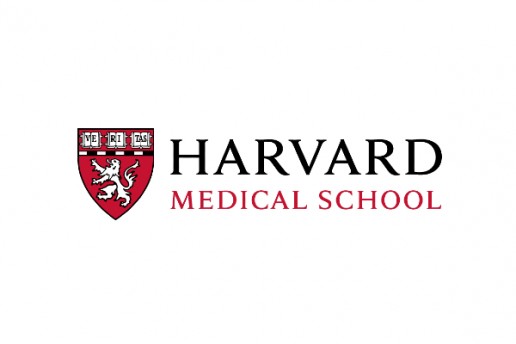
SUPPORTED BY

